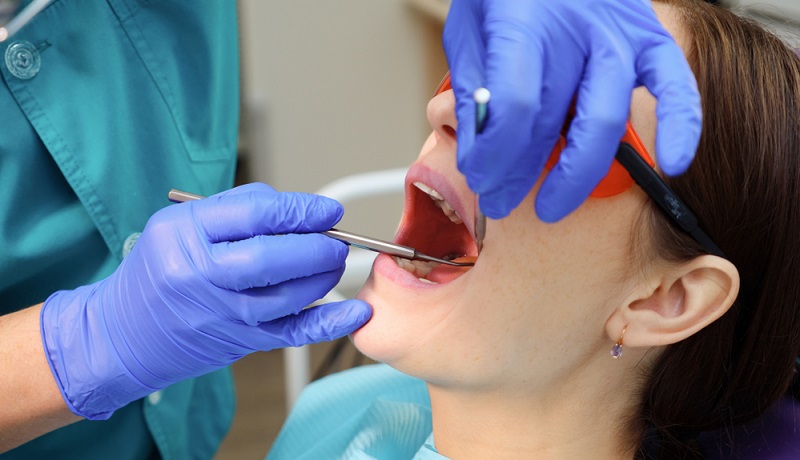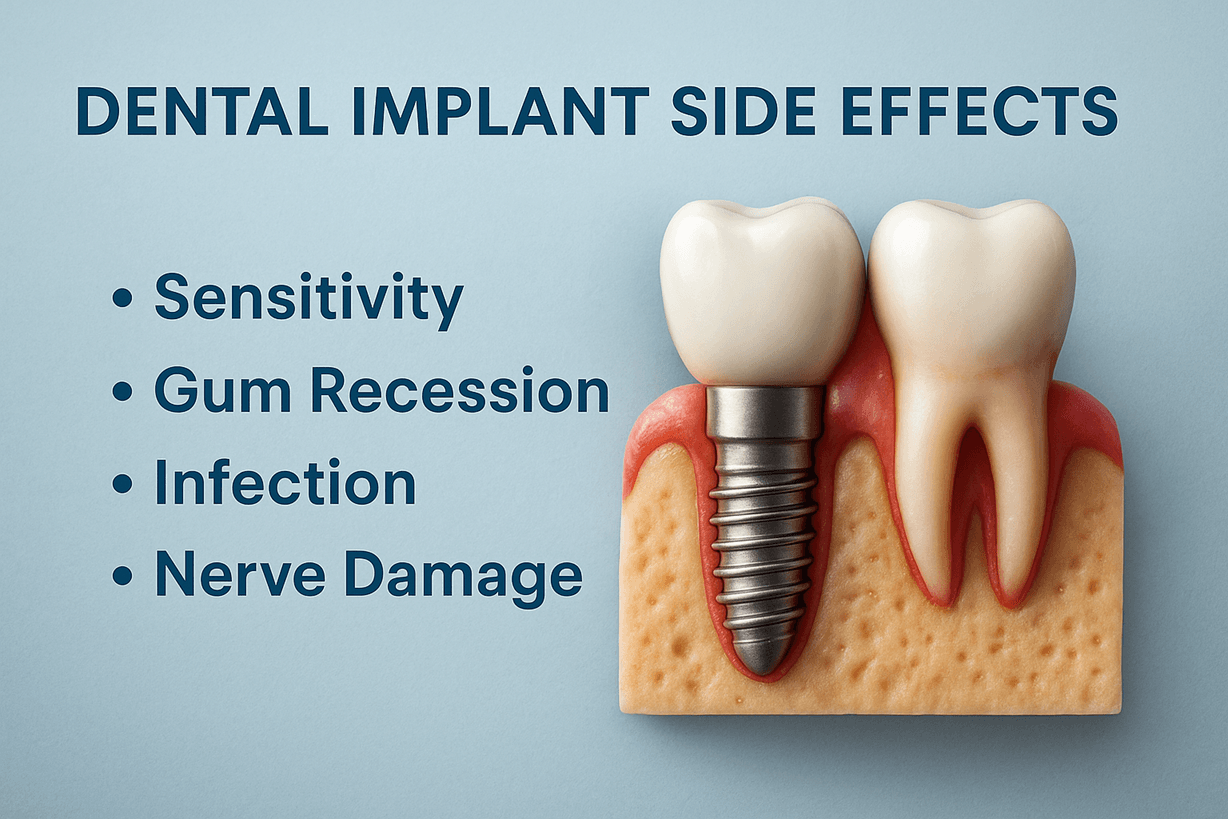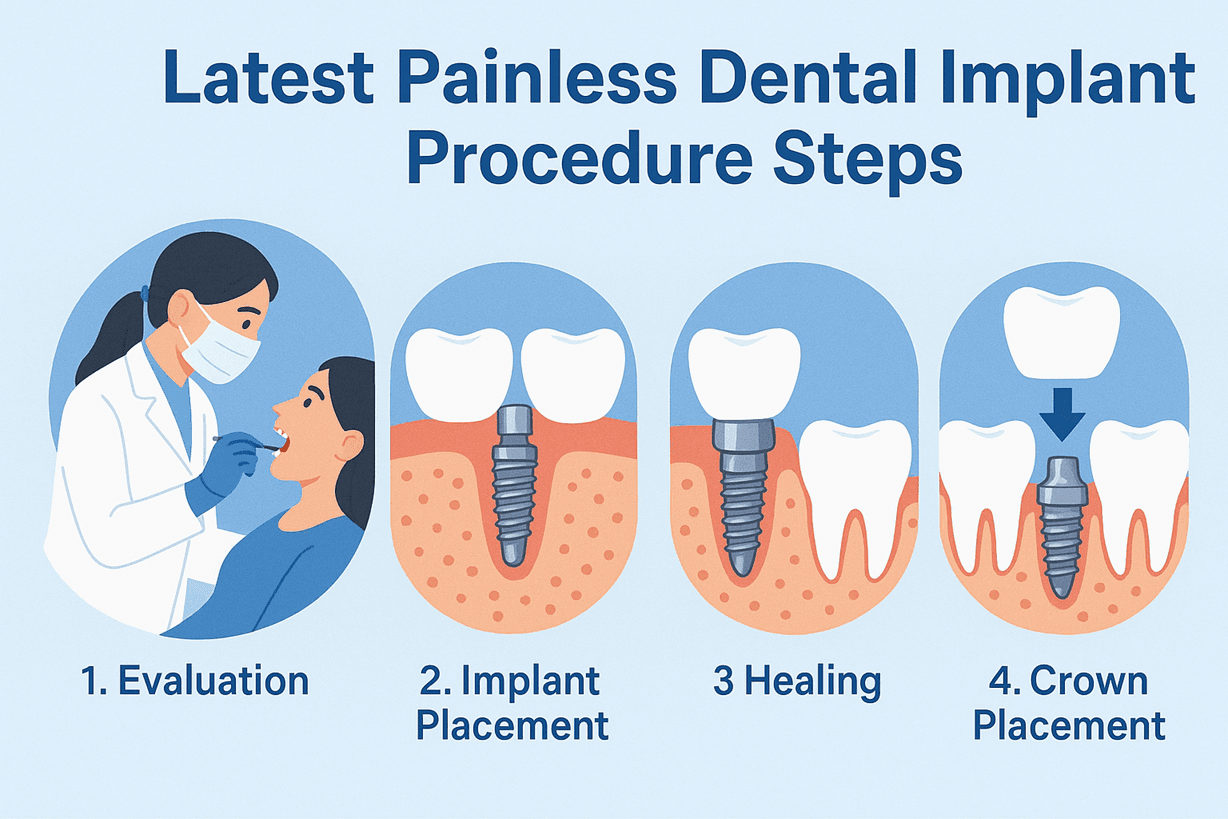Contents
- What is a Root Canal Crown and What Does it Entail?
- How to Prepare Yourself for Root Canal Crown Procedure?
- What is the Cost of a Root Canal Crown?
- Achieving Comfort After Getting a Root Canal Crown
- Frequently Asked Questions
- What Is Crown In Root Canal Treatment?
- Is a crown necessary after root canal?
- Can you eat after a root canal without a crown?
- Does Root Canal Crown Hurt?
- Can Root Canal And Crown Be Done Same Day?
- How Long Do Root Canal Crowns Last?
- How Much Does the Root Canal Crown Cost?
- Is Crown Included In Root Canal Treatment?
- Is a Root Canal Crown Permanent?
- Which Is Better: A Crown Or Root Canal?
A root canal crown is a dental procedure that can help prevent additional decay and damage to your tooth.

What is a Root Canal Crown and What Does it Entail?
A dental treatment called a root canal crown includes covering an existing tooth with a protected artificial crown. It usually serves to shield the tooth from further harm and deterioration after a root canal surgery has been performed on it.
A consultation session with your dentist is frequently the first step in the process of getting a root canal crown. During this appointment, they will examine your teeth and determine whether you are a candidate for this kind of treatment.
Your custom-made crown will be designed and constructed using an impression of your mouth that your dentist will take after determining that you are a good candidate for a root canal crown.
After being created, the crown is glued to your tooth, hiding any exposed dentin or compromised enamel on the outer layer. This helps prevent further decay or damage to the underlying tooth structure.
Afterwards, you may need additional treatments such as dental bonding or veneers to add strength and aesthetics to the restored area.
Having a root canal crown can improve both the look and feel of your teeth - making them appear brighter and more natural than before. Additionally, it can help maintain good oral health by providing protection against further decay or damage while also restoring some lost function back into the affected tooth.
Ultimately, having a root canal crown can make eating more comfortable while improving confidence in one’s smile!
How to Prepare Yourself for Root Canal Crown Procedure?
To ensure you get the best results, it's important to prepare yourself for the procedure beforehand. Start by scheduling an appointment with your dentist, who will inspect your tooth and determine if a root canal crown is necessary.
You should also arrange for someone to drive you home after the procedure as sedation may be used during the process. Additionally, make sure to inform your dentist of any allergies or medications you are taking so they can plan accordingly.
On the day of your appointment, brush and floss your teeth as normal before arriving at the clinic. During the procedure, your dentist will first numb the area around the affected tooth so that you don’t feel pain or discomfort during treatment.
Afterwards, they will remove any infected tissue and use special tools to reshape and clean out the root canal space before sealing it off with a sealant material and filling it with gutta-percha material to protect against future bacterial infection.
Finally, once all this is done, a custom-made crown made from porcelain or other materials will be placed on top of the treated area to protect it from further damage while restoring its natural shape and size in appearance.
Your new crown may require some adjustments over time; however regular check-ups with your dentist will ensure everything remains in good condition for years to come!
What is the Cost of a Root Canal Crown?
Root canal crowns are a common dental procedure that can be used to restore teeth damaged by decay or injury. Understanding the cost of a root canal crown is essential for any patient considering this treatment option.
The cost of a root canal crown depends on several factors, such as the type of tooth needing restoration, the complexity of the procedure, and whether additional treatments are also needed. Generally speaking, front teeth tend to require simpler procedures than back molars and will therefore have lower costs.
The materials used for the crown can also affect how much you’ll pay; porcelain-fused-to-metal (PFM) crowns may be less expensive than all-ceramic ones.
Finally, insurance coverage should be considered when calculating overall costs; most plans cover at least part of the expense associated with a root canal crown.
Ultimately, it's important to consult with the nearest dentist about expected fees so that you know what to expect before committing to treatment.
Your dentist will be able to provide an estimate based on your individual needs and discuss payment options if necessary. With proper care and regular checkups after receiving a root canal crown, you can enjoy lasting results and maintain healthy teeth for years to come!
Achieving Comfort After Getting a Root Canal Crown
Getting a root canal crown can be an uncomfortable experience. The good news is that you don't have to suffer any more discomfort after getting the procedure done.
Here are some tips for achieving comfort after a root canal crown:
First, take your pain medication as prescribed by your dentist and follow their instructions carefully. This will help reduce the amount of pain and swelling you experience in the days following your procedure.
Additionally, you should keep up with your oral hygiene routine and practice proper dental care such as brushing twice daily, flossing at least once per day and rinsing with an antiseptic mouthwash. Doing this will help prevent infection from occurring and ensure that your new crown stays clean and healthy.
Second, apply ice packs or cold compresses to the affected area for 15 minutes at a time multiple times throughout the day to reduce swelling and numb any pain.
You should also steer clear of hard or crunchy foods since they may cause further damage to your tooth or cause it to become loose over time. Eating soft foods such as mashed potatoes, oatmeal, yogurt or applesauce can help minimize discomfort while still allowing you to get adequate nutrition during your healing process.
Finally, make sure that you're getting plenty of rest after having a root canal crown put in place as it will give your body time to heal properly without being stressed out from everyday activities like work or school tasks.
Taking breaks throughout the day can also be beneficial if needed; just make sure not to overexert yourself during these times so that you don't aggravate any existing issues with your mouth or teeth afterwards.
By following these steps, you'll quickly find yourself feeling much more comfortable after getting a root canal crown!
Frequently Asked Questions
What Is Crown In Root Canal Treatment?
A dental crown is a cap that is placed over a tooth that has undergone root canal treatment. The crown helps to protect and strengthen the tooth and also improves its appearance.
Is a crown necessary after a root canal?
In most cases, a crown is necessary after root canal treatment to protect and strengthen the tooth. The crown helps to prevent future damage or infection and also restores the function of the tooth.
Can you eat after a root canal without a crown?
It is generally recommended to avoid eating or drinking anything until the numbness from the local anaesthesia wears off after a root canal procedure, regardless of whether or not a temporary filling or a permanent crown is placed.
However, it is important to protect the tooth and avoid biting or chewing on hard or sticky foods until a permanent crown is placed to prevent further damage to the tooth.
Does Root Canal Crown Hurt?
There may be some discomfort or sensitivity after a root canal crown procedure, but this can usually be managed with over-the-counter pain relievers.
The procedure itself is typically done under local anaesthesia, so patients should not feel any pain during the procedure. However, some people may experience some soreness or discomfort for a few days after the procedure.
Can Root Canal And Crown Be Done Same Day?
Yes, it is possible to perform root canal and crown procedures on the same day. This approach is called "same-day crown" or "single-visit crown" and is becoming more common with advancements in technology and techniques.
However, not all cases are suitable for same-day crowns, and your dentist will evaluate your individual situation to determine the best course of treatment.
How Long Do Root Canal Crowns Last?
The longevity of a root canal crown depends on several factors such as the materials used, the quality of the dental work, and how well the patient takes care of their oral health. Generally, a root canal crown can last anywhere from 5 to 15 years or even longer if properly maintained.
It is important to note that a crown is not a permanent solution and may need to be replaced eventually due to wear and tear or other issues such as decay or damage to the tooth underneath the crown.
Regular dental check-ups and proper oral hygiene can help prolong the life of a root canal crown. Additionally, avoiding habits such as grinding or clenching the teeth can also help prevent damage to the crown.
How Much Does the Root Canal Crown Cost?
The cost of a root canal crown can vary depending on several factors such as the location, the dentist's experience, and the materials used. In India, the cost of a root canal crown can range from approximately Rs. 8,000 to Rs. 25,000
Is Crown Included In Root Canal Treatment?
No, the crown is not included in the root canal treatment procedure. However, a crown may be recommended after a root canal to protect and strengthen the restored tooth.
Is a Root Canal Crown Permanent?
A root canal crown is a long-lasting restoration, but it is not considered permanent as it may eventually need replacement due to wear and tear or other factors such as tooth decay or gum disease. Proper dental hygiene and regular dental check-ups can help extend the lifespan of a root canal crown.
Which Is Better: A Crown Or Root Canal?
A crown and root canal serve different purposes, and one is not necessarily better than the other. A crown is used to restore a damaged tooth's structure and protect it from further damage, while a root canal is performed to save a tooth that has infected or damaged pulp. In some cases, a tooth may need both a crown and a root canal. The best option depends on the individual's specific dental condition and the dentist's recommendation.



